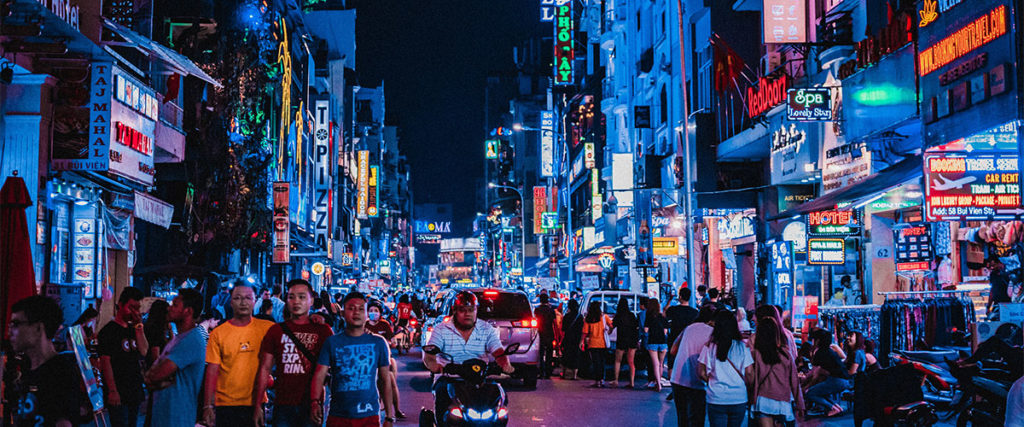Vietnam is positioned to be one of only four sovereigns in Asia Pacific expected to report positive economic growth in 2020, according to Fitch Ratings. The country has a “BB” rating and a “Stable” outlook and is reputedly Southeast Asia’s fastest-growing economy.
In the recent ASEAN summit in mid-April, Vietnam’s Prime Minister Nguyen Xuan Phuc predicted “over 5% gross domestic product growth in 2020” – a figure supported by forecasts from the Asian Development Bank, which anticipated 4.8% growth in GDP and a 3% inflation rate this year, down from 7% last year. However, the International Monetary Fund (IMF) had a more conservative outlook, forecasting a 2.7% growth rate in real GDP.
Fitch Ratings attributes Vietnam’s relative economic resilience largely to its “success in curbing the pandemic”. The nation has reported zero COVID-19-related deaths since the beginning of the outbreak, according to World Health Organisation data. Businesses and schools across Vietnam are operating normally, with social distancing measures having been lifted from 23 April.
The government has introduced a fiscal stimulus package worth VND 271 trillion (USD 12 billion) in early March to bolster the economy, reducing interest rates, delaying taxes and curbing inflation rates at 4%. This comes in addition to a monetary relief package valued at VND 36 trillion (USD 1.56 billion) distributed to affected workers and households over the course of three months.
Vietnam’s central bank, State Bank of Vietnam (SVB) has also implemented a loose monetary policy to expand money supply to counteract depreciation.
As the COVID-19 pandemic is brought further under control, neighbouring Asia Pacific countries including Singapore, Japan, and Thailand are relaxing travel restrictions, which will boost Vietnam’s tourism-orientated economy.
Fitch Ratings has also recently revised its growth forecasts for China, Australia, and Singapore to reflect a positive uptick in economic activity, ahead of global recovery. Overall, global growth forecasts have stabilised at -4.6% for the first time in 2020.
Related Articles
HK Markets Flourish, Undeterred by National Security Law
Thailand Extends State of Emergency to 31 July, But Reopens International Travel
Singapore’s 5G Network Will Be Built By Nokia, Ericsson, Not Huawei





